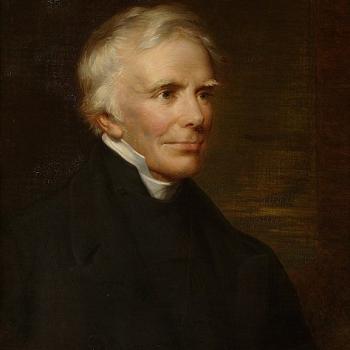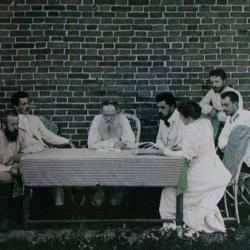Will you strive to keep the same lean structure, even with this enormous influx of money?
We have to. Joan Kroc gave us the bulk of her estate based on the belief that we are not going to change who we are, what we do, or how we do it. For our part, we're determined that this gift will not in any way change our mission, but on the contrary, enhance and strengthen it. We will continue to provide people in impoverished areas with state-of-the-art facilities manned by workers who have the heart of compassion to see how those people's lives can be transformed and made better.
The famous management expert Peter Drucker once commented that the Salvation Army is essentially a group of venture capitalists. Is that accurate?
Not only do I think it's a good way to put it, but I loved that comment when I first read it, especially in context. When he said "capital," Drucker was not talking about money. He was talking about something far more valuable -- the lives of people. I can cite chapter and verse from my own experience where investing in the lives of people has provided a return that is worth far more than thousands or even millions of dollars. When a person who's been impoverished all his life suddenly has a vision of what he can become and begins to act responsibly, then not only is this person's life no longer a drain on society, but he begins to give back in both time and in money to the very thing that brought him out of impoverishment.
For me, the greatest testimony comes from three-quarters of a century ago: My grandfather, a foul-mouthed, ornery railroad man in Schenectady, New York, went to the Salvation Army because he had nine children who needed to be fed. Out of that visit the children started going to Sunday school. Eventually my mother became a Salvation Army officer, one uncle became a Methodist minister, another uncle became a state senator, another uncle became a banker, another uncle became the chief of police in Rotterdam, New York.
Each of those families now has children who today are doctors and lawyers and school teachers and college professors. And the roots of all this human achievement trace back to the simple act of giving a bag of groceries to this railroad man who needed to feed his family.
That's quite a return on investment, and it happens every single day.
The Salvation Army is one of America's favorite charities
-- and that is a sacred trust that scares me some days but also gives me confidence for the future.
The Salvation Army by the Numbers
- 109 Countries Served
- 175 Languages Used
- $2.5 billion Budget for U.S. operations
- 5,443 U.S. Officers
- 3,542,562 U.S. Volunteers
- 32,936,917 Persons assisted in the U.S.
- 55,572,633 Meals served in the U.S.
- 10,616,113 Lodgings supplied in the U.S.
Sources: Salvation Army USA 2003 Annual Report; salvationarmy.org
This interview was first published by Philanthropy magazine and is reprinted with permission.




